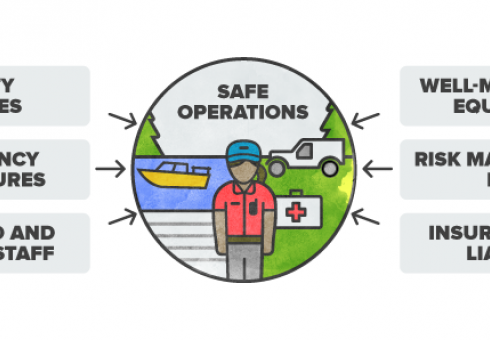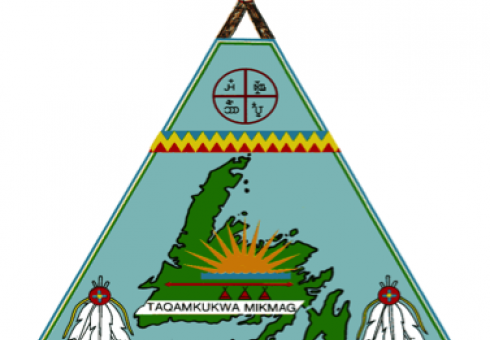How can you assess risk?
It is important to take the time to identify and evaluate risks in a logical manner and plan for how to best manage and mitigate them. The Worksheet "How to Identify and Assess Program Risks" is a tool to help you think through and address potential risks in your guardian program. Take a look at some examples shared by Nations running guardian and field programs: Risk Management Plan Example and Miawpukek First Nation Guardians Risk Assessment form.
A well-rounded approach to risk management includes the following elements:
- Clear roles and responsibilities for management, office staff, field staff and guests.
- Well prepared guardians who demonstrate ongoing or ‘continuous competence’ in administering first aid, using a satellite radio on the water or land, safely operating a truck or ATV, and following safety procedures.
- Regular safety policy reviews and a run through of scenarios of what might come up in the field. Read the Story "Scenarios Help Indigenous Guardians Prepare for Eventualities and Reduce Risks" for ideas.
- Mandatory health and safety briefings for all guests.
- Safety gear re-stocked and in good working order.
Here are some tips for assessing and managing risk:


